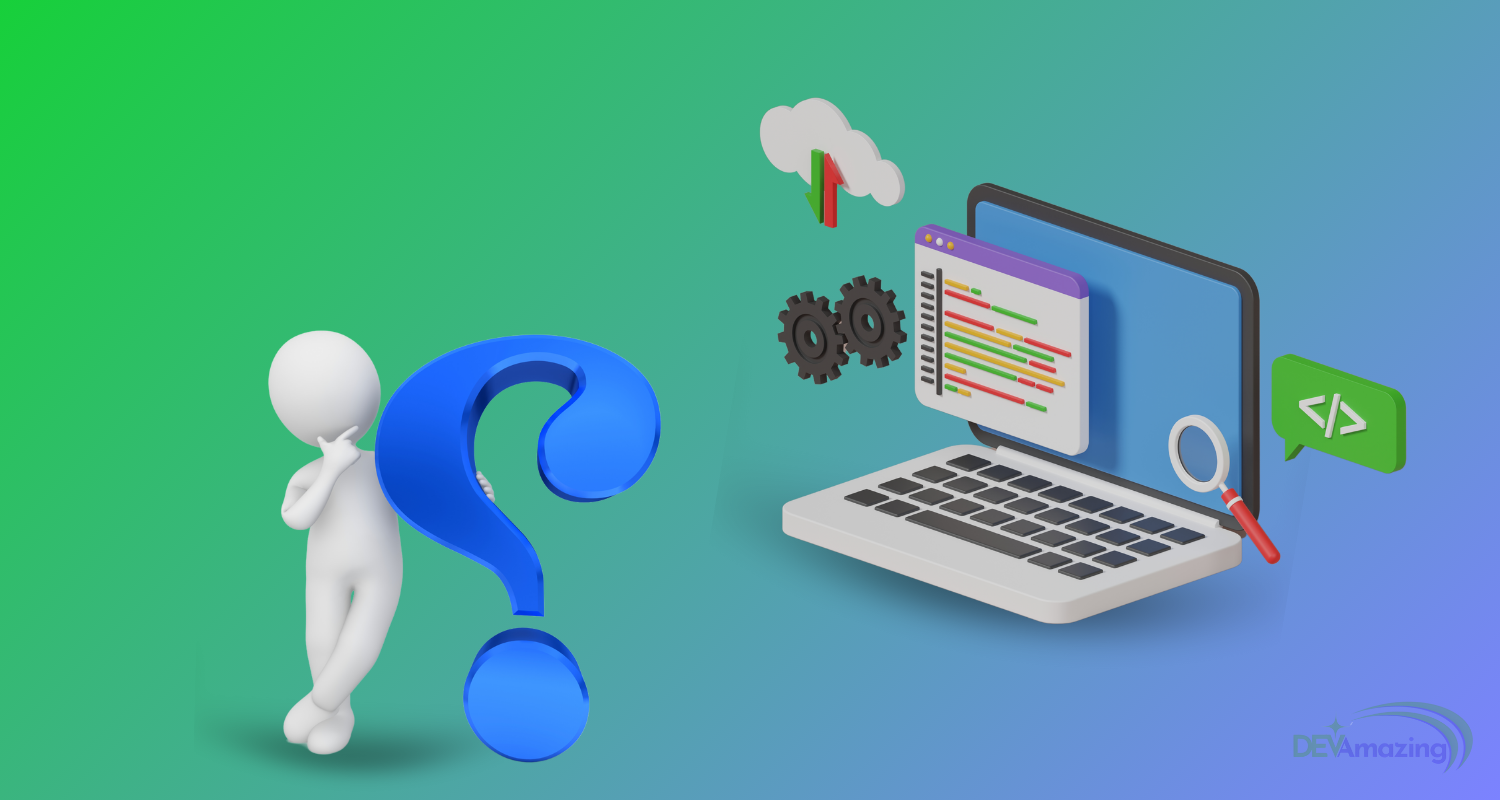The most important aspects influencing website development prices, as well as how to efficiently budget for your next online project.
Introduction
Creating a website is an essential step for any company or individual seeking to establish an online presence. A well-designed and functional website is vital for beginning a new business, starting a blog, or building a portfolio. However, one of the most frequently asked concerns when considering a new website is, “How much website development cost?” The answer is not simple, since the cost of web development can vary greatly depending on some factors. In this blog post, we’ll go over the various factors that determine the cost of website creation and explain what you can expect when budgeting for your project.
What you will learn

Type of Website
The sort of website you require is one of the key aspects that influence the cost of website construction. Websites exist in a variety of shapes and sizes, each serving a different purpose and needing varying levels of complexity and capability.
Simple Websites: These are basic personal blogs, portfolios, or informational websites with a few pages (such as Home, About, and Contact). Simple websites are usually less expensive to design because they do not require complicated functionality or substantial customization.
Business websites: are more detailed than simple websites, and they are intended to highlight a company’s products or services. They may have several pages, contact forms, interactive elements, and social media integration. Business websites frequently demand a moderate amount of customization and functionality.
E-commerce websites: are created to offer products or services online and require specific features such as shopping carts, payment gateways, inventory management, and user profiles. E-commerce websites are more sophisticated and thus more expensive to develop.
Custom websites and web applications: are designed to satisfy unique business requirements and may contain a variety of custom features such as booking systems, membership areas, or complicated databases. Custom websites and web applications can be substantially more expensive to design due to the level of customization and functionality needed.
Design and User Experience (UX)
The design and user experience of a website are critical components that can significantly influence the cost of web development. A well-designed website increases user engagement and provides a seamless experience, potentially leading to increased conversion rates and customer satisfaction.
Template-Based Design: Using pre-designed templates is an inexpensive way to create a website. Templates are a good place to start and can be tailored to your specific branding. However, they have limitations in terms of versatility and distinctiveness.
Custom design: entails establishing a unique layout and graphic elements that are tailored to your business and special requirements. This technique often takes more time and expertise from designers and developers, making it more expensive than template-based alternatives. Custom design gives you entire control over the aesthetics and user experience of your website, giving it a unique look that sets it apart from the competition.
Responsive Design: With the increasing use of mobile devices, responsive design has become essential for ensuring that websites function well on all screen sizes. Incorporating responsive design into your web development project may increase costs, but it’s necessary for providing a consistent user experience across devices.
Functionality and features
The functionality and features you want to include on your website have a big impact on the cost of web development. Different types of websites necessitate different features, and the intricacy of these features might influence the total cost.
Basic features: contact forms, image galleries, social network integration, and basic SEO tools are all essential components for most websites. These features are relatively straightforward to install and do not add significantly to the cost.
Advanced Features: if your website needs more complex features, such as a custom content management system (CMS), e-commerce capability, user registration, login systems, or connection with third-party apps, the development costs will rise. To ensure that advanced features work properly and securely, additional coding and testing are frequently required.
Custom functionality: websites that require unique functionality or web applications will be more expensive due to the considerable development work required. This includes establishing custom databases, designing one-of-a-kind user experiences, and generating interactive components that are not readily available through existing plugins or tools.
Content Management Systems (CMS)
The cost of website development can be influenced by the content management system (CMS) used. A content management system (CMS) is a software platform that enables users to create, administer, and alter content on websites without requiring specialist technical skills.
Open-Source CMS: Popular open-source CMS solutions include WordPress, Joomla, and Drupal, which are free to use and provide a diverse set of themes and plugins. While the program is free, there may be expenses involved with website customization, purchasing premium themes or plugins, and long-term site maintenance.
Custom CMS Development: Some firms demand a CMS that is tailored to their specific requirements, which can drastically increase development expenses. Custom CMS solutions provide better flexibility and control but at a higher initial cost and perhaps higher continuing maintenance costs.
Hosting and Domain Registration
Every website requires a domain name (or URL) and a hosting service. These are ongoing expenses that are normally invoiced annually.
Domain registration: fees can range from $10 to $50 per year, depending on the domain extension (e.g., .com, .net, .org) and the registrar you use.
Web hosting: The cost of web hosting varies depending on the hosting company and the hosting package you choose. Shared hosting is the most economical choice, ranging from $3 to $10 per month, whereas dedicated and managed hosting plans can cost $50 to several hundred dollars per month. For e-commerce or high-traffic websites, a more robust hosting plan is required to ensure fast loading times and consistent performance.
Maintenance and Updates
Website development does not end when the site goes online continual maintenance and upgrades are essential for keeping your website secure, functioning, and current with the latest technology. These expenses may vary based on the complexity of your website and the frequency of updates necessary.
Regular Updates: Updating your website’s software, plugins, and themes is critical for security and performance. If you have the technical expertise, you can manage this in-house, or you can hire a professional developer or agency to do so.
Content Updates: Regularly upgrading your website’s content, such as adding new blog entries, updating product listings, or revising design aspects, may demand more effort and money.
Security and Backup: To ensure that your website is protected from cyber threats, you must adopt security measures, monitor for vulnerabilities, and perform frequent backups. These chores can be managed using a maintenance plan or with automated technologies.
Hiring a Pro vs. DIY
Website development costs vary depending on whether you employ a professional developer or agency, use a website builder, or try a DIY approach.
Professional Developer or Agency: Hiring a professional developer or agency can result in a high-quality, unique website suited to your exact requirements. However, this approach is far more expensive due to the skill and time necessary.
Website builders: such as Wix, Elementor, and Shopify provide economical and user-friendly platforms for developing websites without coding experience. While these technologies are inexpensive and simple to use, they may have restrictions on customization and scalability.
DIY Approach: If you have the technical abilities and experience, you can save money by creating the website yourself. However, this technique necessitates a large time commitment and may result in a less professional end product if you lack competence.
Geographic Location
The geographical location of your web developer or agency might significantly affect the cost of website creation. Developers in different regions often charge different rates depending on the local cost of living and market demand.
Local Developers: hiring a local developer or agency allows for more communication and collaboration, but it may be more expensive, particularly in high-cost countries.
Offshore Developers: hiring offshore developers from locations with lower cost of living can result in more economical web development services.
Conclusion
The cost of website development varies substantially based on the type of website, design complexity, functionality, CMS selection, hosting and maintenance needs, and your approach to hiring a developer. To acquire the most accurate quote for your website development project, you must precisely state your objectives, required features, and budget. Understanding the factors that determine web development costs allows you to make informed decisions and construct a website that fits your goals while remaining within your budget.
Whether you choose a simple website or a completely customized web application, investing in expert website development is critical for establishing a strong online presence that accurately represents your brand and engages your audience.


